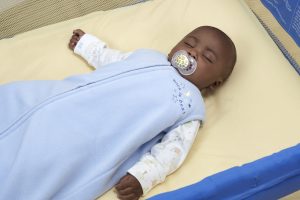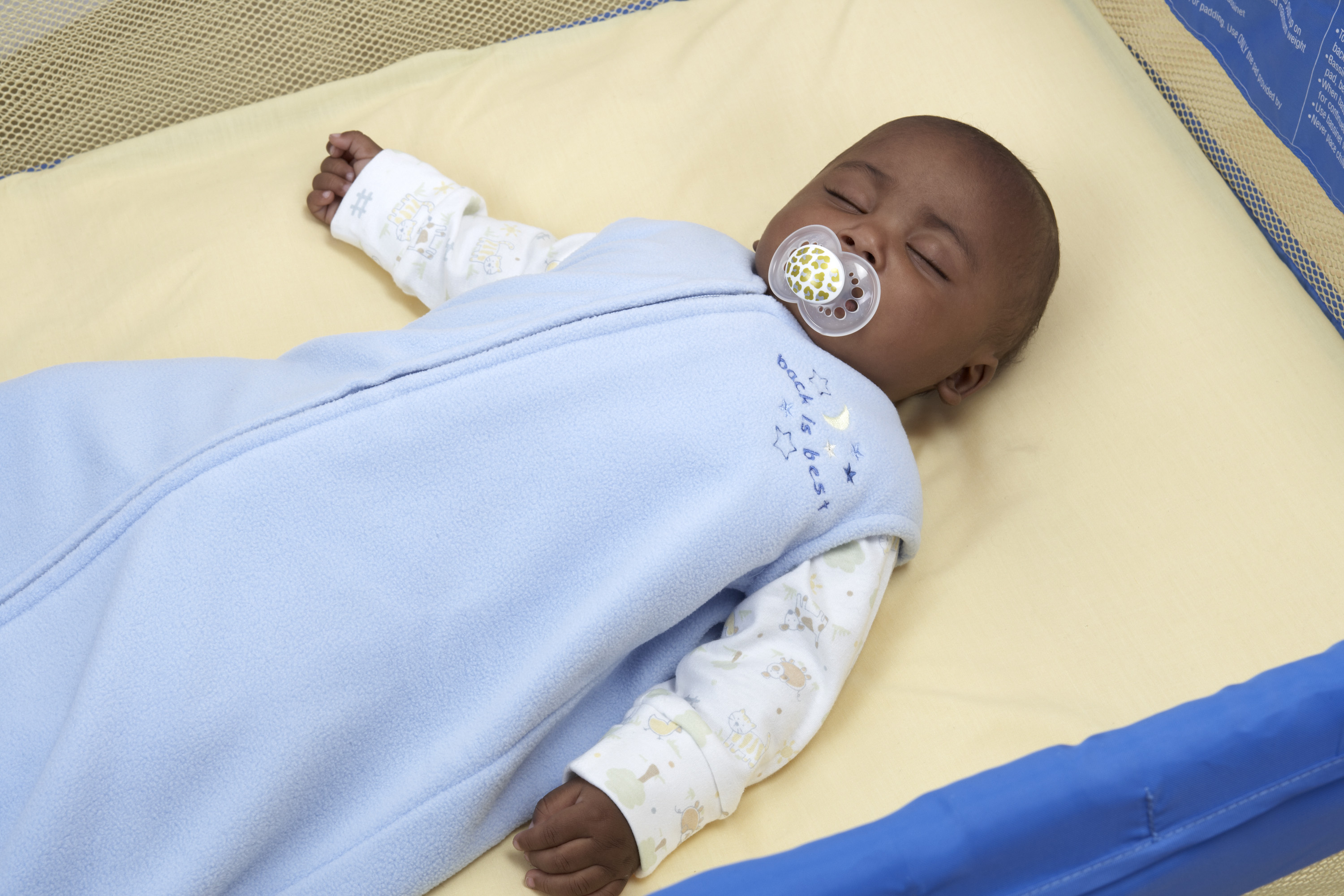Infant Deaths from Accidental Suffocation Can Be Prevented
 Yesterday the American Academy of Pediatrics released a new report with the troubling finding that not only have declines in SIDS rates slowed but in some states they have actually increased. What’s more, the report found that from 1999 through 2015, infant death rates from accidental suffocation and strangulation in bed surged 184 percent.
Yesterday the American Academy of Pediatrics released a new report with the troubling finding that not only have declines in SIDS rates slowed but in some states they have actually increased. What’s more, the report found that from 1999 through 2015, infant death rates from accidental suffocation and strangulation in bed surged 184 percent.
The leading causes for these deaths is co-sleeping in an adult bed or falling asleep on a couch or chair with a baby. Despite the recommendations from the AAP of sharing a room with a baby for the first year of life but not the same bed, the rate of bed sharing has continued to rise.
Evidence shows sleeping in the parents’ room on a separate, safe surface lowers the chance of SIDS by as much as 50%. It also helps prevent suffocation, strangulation, or entrapment that can happen when babies are sleeping in bed with adults. A large percentage of babies who die of SIDS are found with bedding covering their head, so no bedding should be in a bed while a baby is in it.
There are various reasons that parents continue to bedshare with their baby but educating them about the life-threatening possibilities is imperative. Additionally, we need to start using the words “accidental suffocation in bed” which has not been the norm in the past. While SIDS might not be completely preventable, accidental suffocation is by following the guidelines developed by the AAP.
Through our program, Straight Talk for Infant Safe Sleep, we work with community organizations, social service agencies, public health nurses and daycare providers to not only educate parents and caregivers about safe sleep but explain the reasons behind these recommendations, address obstacles and objections such as cultural beliefs regarding bed sharing or lack of resources and problem solve to come up with the safest solutions.
The guidelines include:
- Place the baby on his or her back on a firm sleep surface such as a crib or bassinet with a tight-fitting sheet.
- Avoid use of soft bedding, including crib bumpers, blankets, pillows and soft toys. The crib should be bare.
- Share a bedroom with parents, but not the same sleeping surface, preferably until the baby turns 1 but at least for the first six months. Room-sharing decreases the risk of SIDS by as much as 50 percent.
- Never leave a baby sleeping on a bed, sofa, armchair, or sitting devices.
- Breastfeed for at least 6 months when possible since it is associated with a lower chance of SIDS.
- Offer a pacifier once breastfeeding is established. Studies have shown that pacifiers have a protective effect on SIDS, although it’s not understood why.
- Sleep positioning devices aren’t recommended because they can pose a danger to children if they roll out of them.
- Use wearable blankets to keep babies warm not a blanket.
- Avoid exposing your baby to smoke, alcohol, and illicit drugs.
To learn more about First Candle and to help us educate families and save babies’ lives please donate today.




